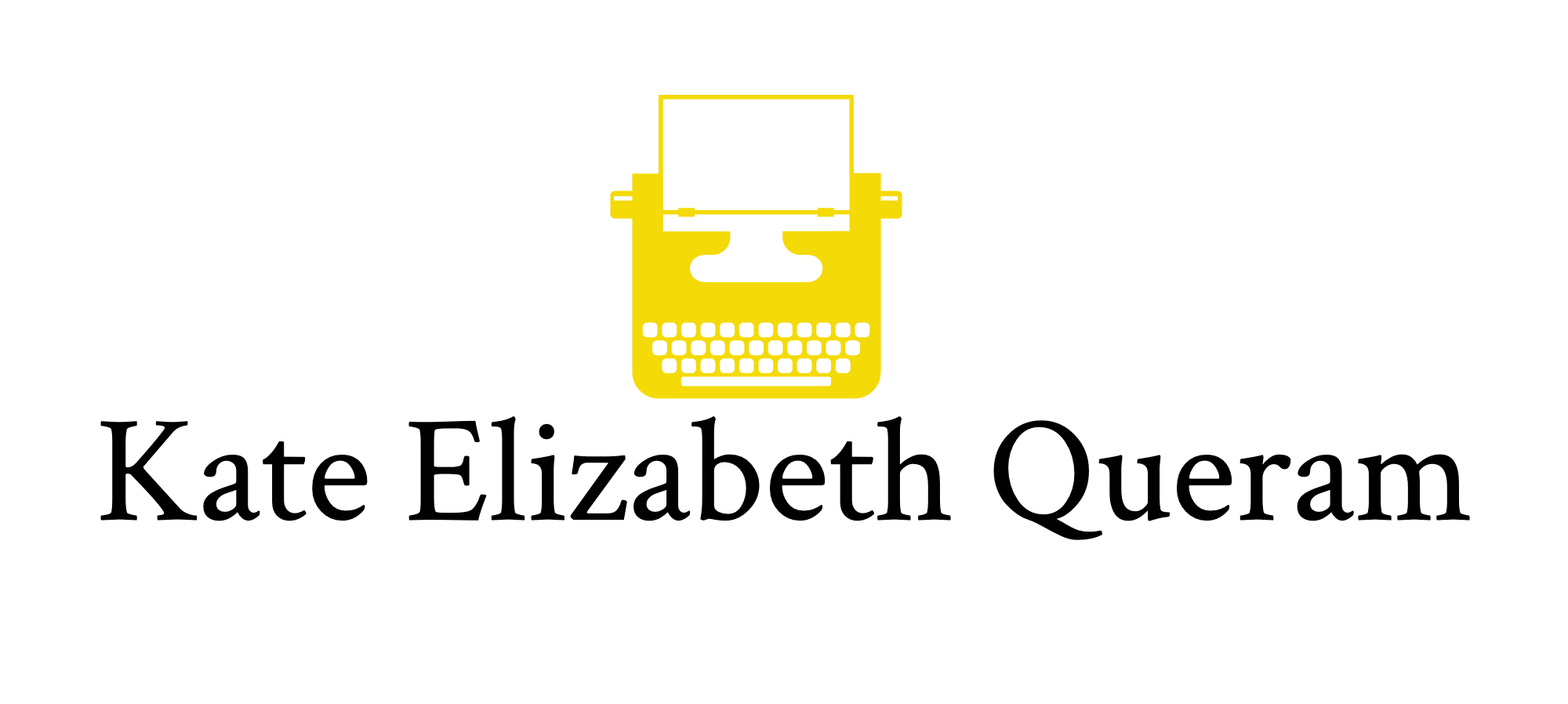redux
Yesterday while I was getting ready my phone lit up with a text message from a coworker: my newspaper had started layoffs.
We had known it was coming, or had at least heard rumors that it might be. We did not know how many people would be let go or when or the details of why, beyond the fact that we work for a newspaper and so layoffs have become an unfortunate, and terrible, part of our reality.
I am in New York for a reporting seminar. I felt very disconnected and far away from everything happening back in my newsroom. My phone buzzed with updates throughout the day as I traced my way through the city.
By last night 36 people had been laid off. At least eight of them came from the newsroom. Across the company, 289 jobs were eliminated. One hundred and eight of those were vacant. In an email, the CEO explained that the cuts were mostly due to losses in local and regional advertising revenue. Smaller businesses are struggling to keep up with online retailers, he said, and those businesses are the ones that typically purchase ads in local newspapers. As they flounder so do we. Your local newspaper, it turns out, is vitally connected to the health of your community, in more ways than you might think.
An hour after I received that message, the Bureau of Labor Statistics released updated information on newspaper publishers. The industry has lost half of its employees since 2001.
When I lived in New York all I wanted to do was write. My dream job then was to work for Jane magazine; it folded in August 2007, two months after I left the city to go to graduate school for journalism. I got my first newspaper job in August 2008 and survived my first round of layoffs later that year.
I survived my fifth round yesterday.
The people who lost their jobs yesterday didn't do anything wrong. They didn't get laid off because they performed poorly or deserved to be fired. Their jobs were deemed unnecessary or redundant or expendable, even though their jobs were vital and important and desperately needed. We will now struggle to move forward without them, to do "more with less," until the next round of layoffs hits. I don't prefer to be a pessimist, but it seems safe to say that's a "when" and not an "if."
Staying in print journalism is a conscious decision and not one that I take lightly. Ultimately, I keep doing this because I love it and because I'm good at it, because it's something new every day and because I love to ask questions and learn new things. I keep doing it because I like to talk to people and tell their stories. I keep doing it because it's what I've always wanted to do and because I am aware, more every day, that I probably won't be able to do it forever. I have looked at other options before and I will probably have to look at other options again. But this time, I survived.
I keep doing this job because it is important and it matters.
And this time, I survived.








